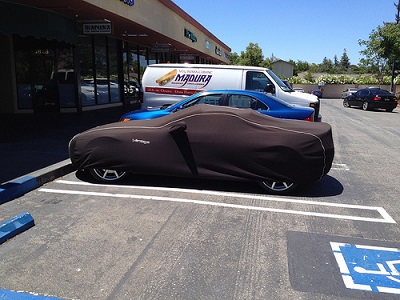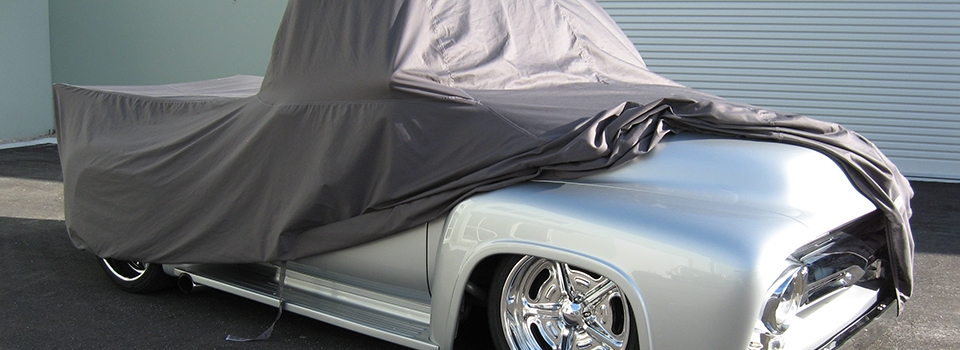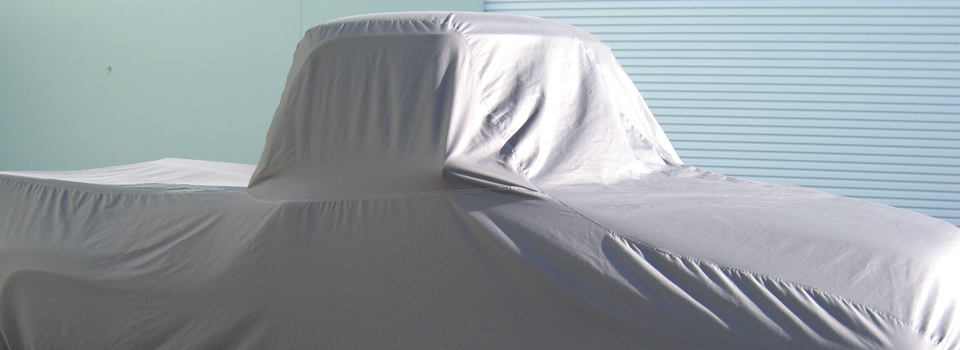It is easy to worry about your car if you do not have a good car cover. You can’t help but worry if your car will resist the damaging effects of acid rain, ultra violet radiation, wind borne particles, bird droppings, animal claws, sun fading and the ever prying eyes of thieves. Your best bet is to simply buy a good car cover and keep your treasured possession safe. But how do you know in the first place what is a good car cover and what is not? Let’s explore some of the materials used for car covers and whether they are ideal:
Plastic covers
They are ideal a decade or two ago when car owners didn’t have a wide range of car cover materials to choose. They are, as you may have already guessed, not popular any more. They may be waterproof and may even keep rainwater off your car. But they can also trap condensation between your car surface and the cover. The trapped moisture may then go on to attack your car paint with results that may be worse than if you left your car uncovered.
You don’t have dispose your old plastic car cover if you still have one. The cover can be useful if you store your car in the garage during winter. Simply use a sizeable flannel cloth cover against your car surface, then use the plastic cover as the outer protective shield. Make sure the flannel is big enough to cover all the vital parts of your car. It will wick off moisture and help the plastic cover add a tough protective layer to keep off varmints and vermin from nesting anywhere on the cover.
Breathable covers
Breathable car covers are as popular as the aforementioned plastic car covers. They feature different fabrics, density volumes and colors. They are known to repel water and allow air circulation so as to prevent condensation between the cover and the car surface. The best ones in the market have ultraviolet screens woven together into the mesh. This helps the cover withstand sunlight degradation as well as mildew infection.
Like already mentioned, breathable covers come in different weights. The lightest one is made of Tyvek, a material that is 99% water resistant. It sheds water easily, making it ideal for nearly all types of cars. The only downside it comes along with is the fact that it is extremely light. It is in in fact so light that wind can easily beat it against your car finish. Your best bet is to therefore ensure that you get a Tyvek cover that fits your car tightly. This is where you may have to consider buying tailored waterproof canvas car covers.
Cotton and polyester blend car covers

Cotton and polyester blends are available in regular cloth style or the not so popular flannel style. To make your work easier when choosing which cotton polyester blend you should choose, limit your option to 100% cotton. Polyester is ideal only that it can easily scratch your car paint. Note that cotton and polyester car covers are not water resistant. They should therefore, not be used outside for a long time.


